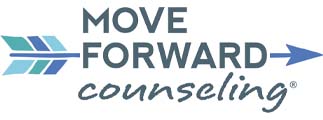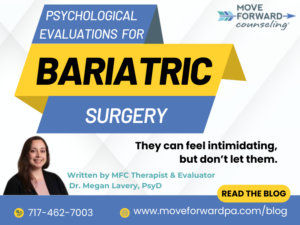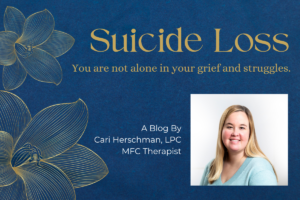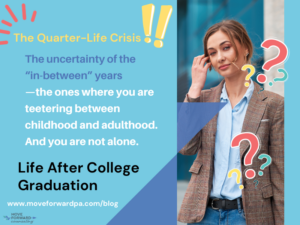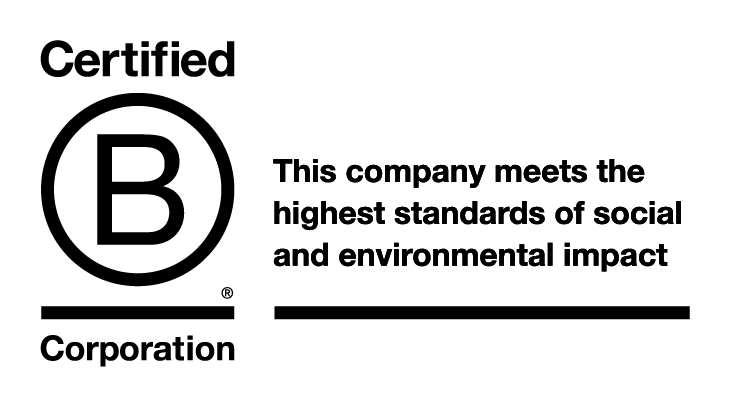Help End the Stigma of Therapists in Training
The demand for mental health services all over the country has been enormous. MFC has been trying to meet Pennsylvania’s demand by regularly hiring new therapists. Unfortunately, there is still a shortage of licensed mental health providers. MFC would like to help eliminate the stigma associated with qualified professionals trying to enter our field to increase the supply of mental health providers.
In the spirit of trying to find innovative, win-win solutions to help more folks who need mental health services, we are now employing Pre-Licensed Clinicians to provide therapy in our practice. Our first pre-licensed clinician is Nikki Klatka, MS, and she offers in-person and teletherapy across PA. We are excited to welcome her!
Facts about Pre-Licensed Clinicians:
- They graduate with a Master’s degree in the counseling field.
- They must complete a “residency-like” training process of 3,000 hours of supervised clinical experience in no less than two years.
- They receive approximately two hours per week of clinical supervision from a fully licensed, experienced therapist.
- Many start their practice already with years of experience working with individuals and families facing or trying to recover from, mental health challenges, addiction, trauma & domestic violence experiences.
We are proud to be trying out this new service to help more people instead of having people placed on waiting lists. This service also allows the Pre-Licensed Clinicians to earn their required hours toward full licensure in two years in a private practice setting.
Please help us support Nikki and our future hires by spreading the word about the availability of this new service. Learn about Nikki and her professional work experience below.
Please help us support Nikki under the clinical supervision of Whitney Kopco, LPC, and our future hires by spreading the word about this new service availability.
Written by the CEO of Move Forward Counseling, LLC, Alison Pidgeon
Related Article: COVID-19 pandemic triggered a 25% increase in the prevalence of anxiety and depression worldwide.
